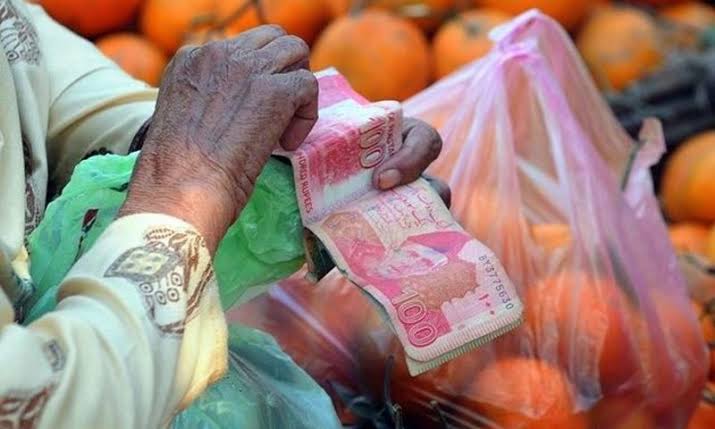Inflation is a persistent increase in the general price level of goods and services in an economy over a period of time. In Pakistan, inflation has been a major concern for policymakers, businesses, and households. The country has been facing high inflation rates for the past few years, which has adversely affected the standard of living of the people. There are various factors contributing to inflation in Pakistan, including an increase in money supply, rising energy prices, devaluation of the currency, and a growing fiscal deficit. The government has also imposed various taxes and duties on imports, which have resulted in an increase in prices of goods and services. The high inflation rates have resulted in an increase in the cost of living for the common people, making it difficult for them to make ends meet. It has also negatively impacted businesses, as they have to bear higher costs for raw materials and other inputs. To control inflation, the government has implemented various measures, including raising interest rates, reducing government spending, and introducing price controls. However, these measures have not been effective in bringing down the inflation rate to a sustainable level.
In conclusion, inflation remains a major challenge for the Pakistani economy. The government needs to adopt a comprehensive and sustainable approach to control inflation, which includes addressing the root causes of inflation, promoting investment and productivity, and improving the overall economic conditions in the country.

